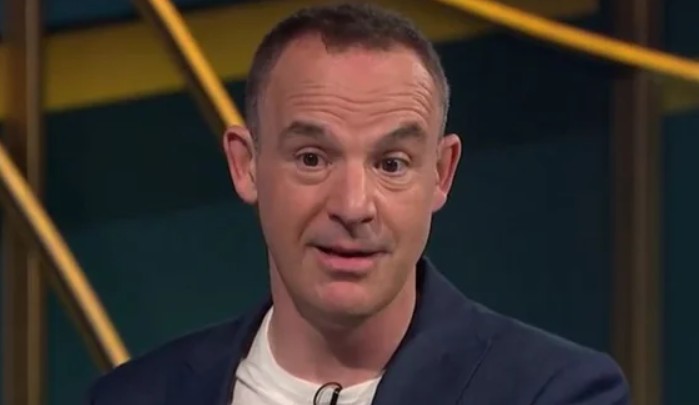Martin Lewis Warns State Pensioners: You Could Pay Tax for the First Time
The new state pension is set to rise by 4.7% next April, bringing with it a warning from financial expert Martin Lewis that some pensioners could pay tax for the first time.
The Office for National Statistics (ONS) confirmed today that average earnings growth up to July 2025 has triggered the full ‘triple lock’ increase.
Under this policy, the state pension rises by the highest of 2.5%, inflation, or average earnings growth.
For those receiving the full new state pension, weekly payments will climb from £230.24 to £241.05. This means an annual sum of £12,535, just £35 shy of the current frozen personal allowance of £12,570.
Pensioners who retired before April 2016 will see their weekly payments rise from £176.45 to £184.75.
The proximity to the tax-free threshold has raised concerns. Martin Lewis took to social media to explain the situation: “NEWS. The State Pension is set to rise by 4.7% next April.
We know this as it is ‘triple locked’, ie, rises by the higher of 2.5% or inflation or average earnings rise. The final figure has just come in, for earnings up to July, and it’s the highest of the three, at 4.7%.
NEWS. The State Pension is set to rise 4.7% next April. We know this as it is ‘triple locked’, ie rises by the higher of 2.5% or inflation or average earnings rise. The final figure has just come in, for earnings up to July and it’s the highest of the three, at 4.7%.
So based on…
— Martin Lewis (@MartinSLewis) September 16, 2025
So based on that, the FULL state pension (ie, for someone with all the qualifying national insurance years) is set to rise from… NEW state pension £230.24 to £241.05/wk.
OLD state pension (retirees pre Apr 2016) £176.45 to £184.75/wk. This will take someone on the full new state pension to £12,535 a year, only £35 below the frozen personal allowance (amount you can earn tax-free each year).
So, as state pension income is taxable, that means without any question the following year (unless something changes), those on the full new state pension with no other income will for the first time pay tax on it (as it will rise a minimum 2.5% and personal allowances are frozen).”
This means that, unless the government adjusts the personal allowance, many pensioners could find themselves paying income tax for the first time on what has long been considered a tax-free benefit.
Financial experts say pensioners should review their finances and, if necessary, speak with an advisor to understand potential tax liabilities. The increase will be formally confirmed in the Budget later this year.
Meanwhile, Martin Lewis has also commented on recent energy bill VAT changes, highlighting how rising costs and tax rules can impact household budgets.
The 4.7% rise is a welcome boost in income, but could bring unexpected financial planning challenges for older citizens.






